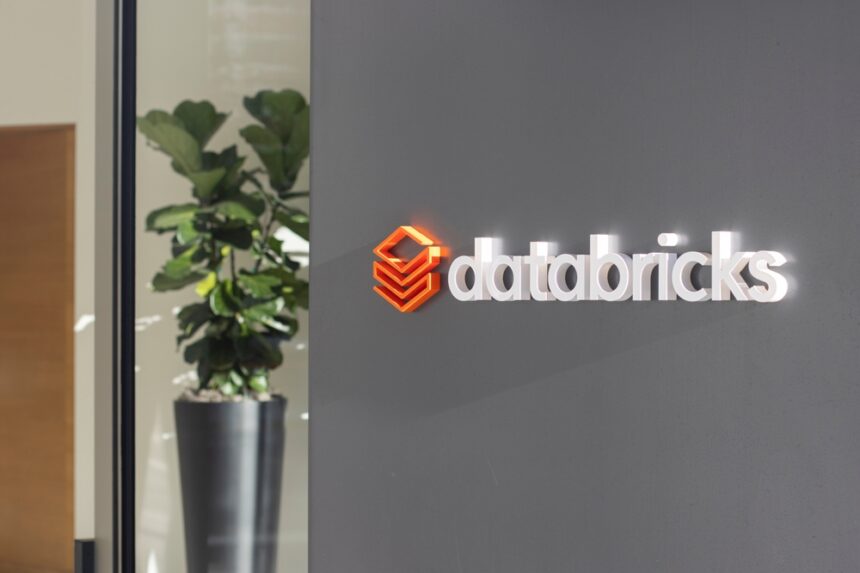Databricks is making one of its most ambitious moves yet in the artificial intelligence space, striking a deal to embed OpenAI’s latest models directly into its products. The agreement, valued at a minimum of $100 million, reflects the company’s belief that seamless AI integration will determine the future of enterprise data platforms.
For Databricks, which has long positioned itself as the hub where enterprise data and analytics converge, the gamble is clear: enterprises want access to cutting-edge AI, but only if it lives securely within the platforms where their data already resides.
The partnership will allow Databricks customers to access models such as GPT-5 directly through its Agent Bricks framework and APIs. The company says businesses can test, fine-tune, and measure model performance against their own workloads without moving data outside its secure environment.
This approach aims to remove a major barrier for enterprises—bridging the gap between sophisticated AI and the sensitive data they guard closely. Early customer interest has already emerged, with global firms like Mastercard exploring the integration.
Why Databricks Is Taking the Risk
Unlike traditional usage-based partnerships, the deal commits Databricks to pay OpenAI at least $100 million, regardless of how widely customers adopt the tools. If adoption surges, both companies benefit. If it lags, Databricks shoulders the financial weight.
Industry analysts note this type of guaranteed structure highlights how critical AI has become in platform competition. By embedding OpenAI’s models at the core of its offerings, Databricks is betting big on differentiation in a crowded market where rivals like Snowflake, Microsoft, and Google are also vying for enterprise AI dominance.
This is not Databricks’ first foray into AI integrations. The company previously supported open-weight models, but this deal signals a deeper alignment with one of the most powerful model providers in the industry. It also mirrors a growing trend: data platforms transforming into full AI ecosystems.
For OpenAI, the partnership guarantees a steady stream of enterprise revenue at a time when competition from Anthropic, Mistral, and open-source models is intensifying.
Why it Matters
Despite the optimism, risks loom. Heavy reliance on a single provider raises concerns about vendor lock-in, while enterprises will need assurances that the integration meets strict compliance, data privacy, and governance standards.
Moreover, AI adoption in enterprises has often stumbled on issues like bias, hallucination, and operational costs. For Databricks, the success of this deal will hinge not only on access to OpenAI’s models but on whether businesses can derive real, reliable value from them.
The Databricks-OpenAI partnership is a sign of how high the stakes have become in enterprise AI. It underscores a larger shift in the industry: AI models are no longer standalone tools but core components embedded deep within data platforms.
Whether this $100 million gamble pays off will depend on how fast enterprises move from experimenting with AI to embedding it in mission-critical operations.
Talking Points
Databricks is essentially drilling for AI like oil, betting $100 million that enterprises will line up for OpenAI’s models. But here’s the kicker: not all enterprises are ready, or even capable, of absorbing AI at scale. Many will experiment, few will operationalize. So is this a calculated bet—or just FOMO in corporate disguise?
Embedding OpenAI models so deeply into Databricks sounds efficient, but it risks making customers dependent on a single pipeline. Once companies integrate mission-critical operations around GPT-5, walking away won’t be easy. This raises a question: are we heading towards an AI oligopoly where a few model providers dictate the rules of enterprise computing?
While Silicon Valley plays with $100M contracts, Africa’s digital economy is still struggling with reliable internet, affordable data, and basic credit access. If platforms like Databricks become the default gateways for AI, African enterprises may find themselves priced out or forced into lopsided partnerships. The digital divide could widen, turning Africa into an AI consumer market rather than a contributor.





